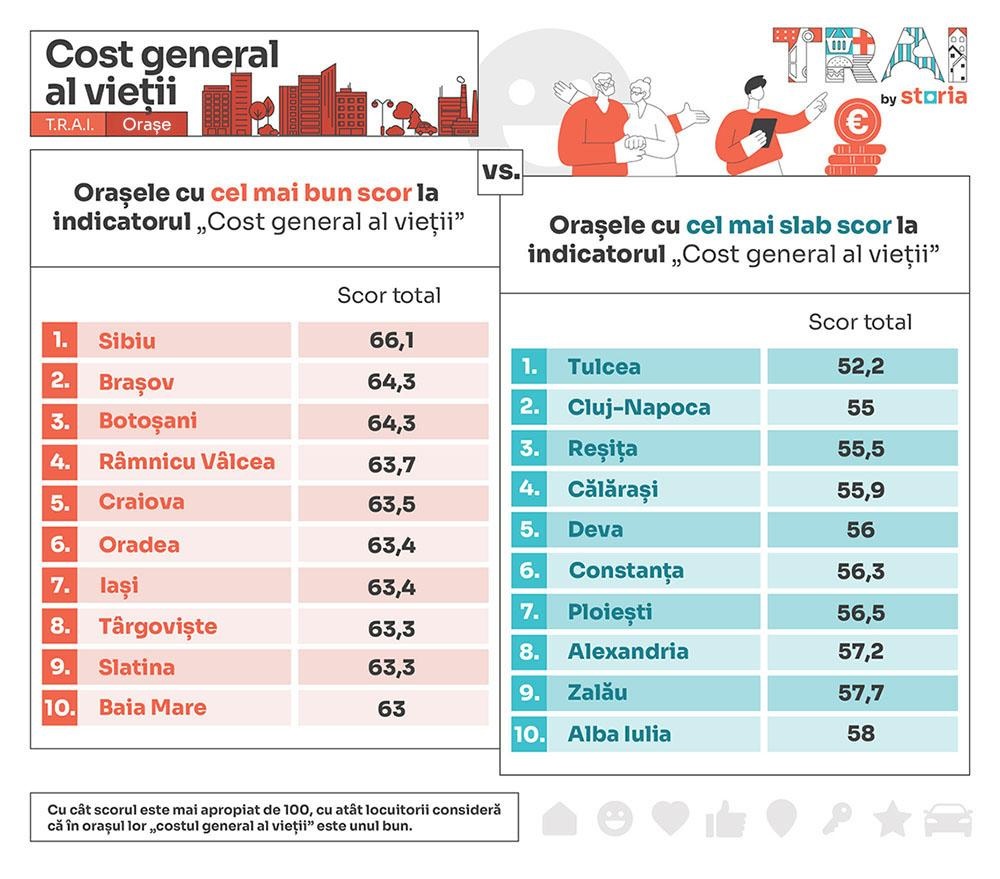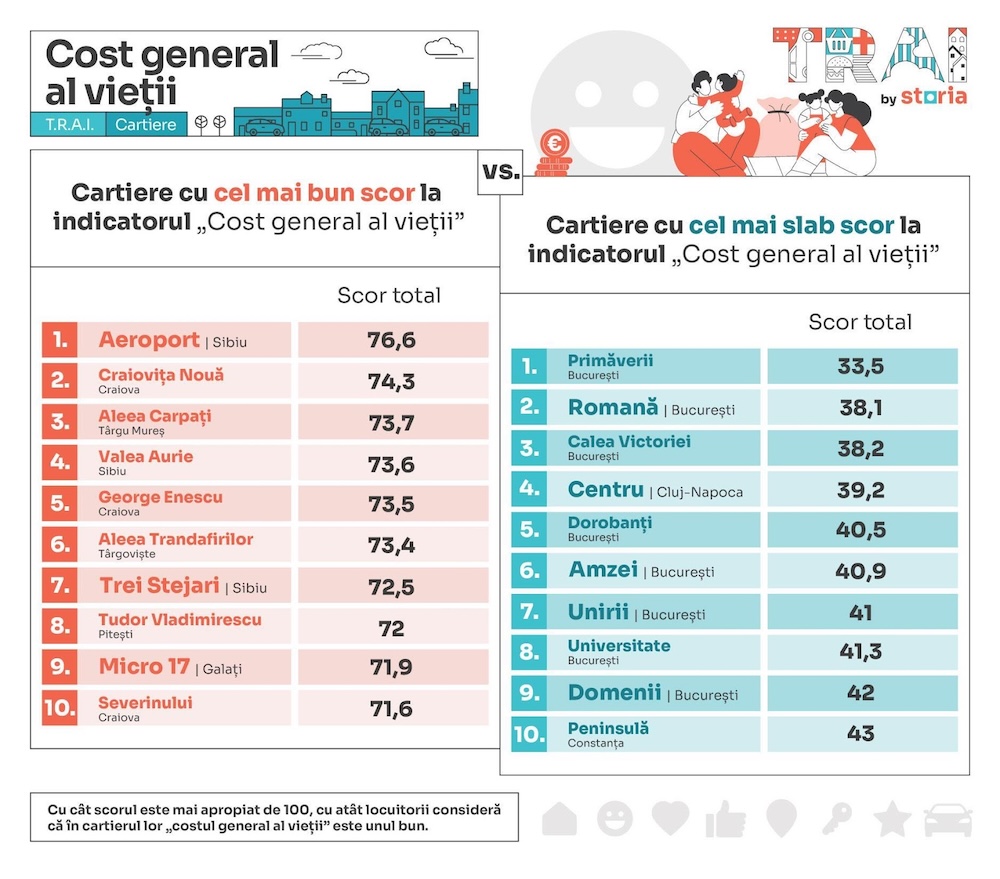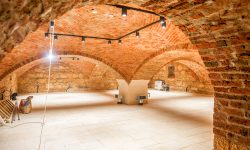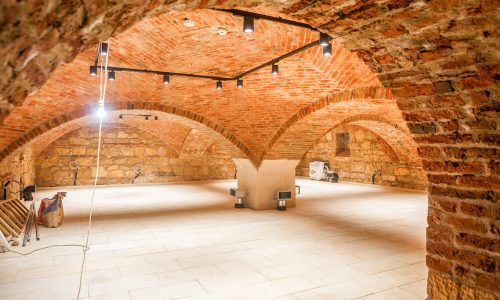Cluj-Napoca, the cultural and economic heart of Transylvania, has long been celebrated for its vibrant atmosphere and growing opportunities. Yet beneath its appeal lies a glaring disconnect between those setting the prices and those struggling to pay them. Ranked as the second most expensive city in Romania by the TRAI index, based on a comprehensive analysis by Storia.ro, Cluj-Napoca’s high cost of living is not just a financial burden—it’s becoming an existential crisis for many residents and a growing risk to the city’s future.
Insights From the Storia.ro Study
The Storia.ro analysis, published in November 2024, provides a detailed breakdown of the affordability crisis in cities and neighbourhoods across Romania. Cluj-Napoca scored just 55 points on the TRAI index, which evaluates the cost of living through both objective data and subjective feedback from over 100,000 residents. This places Cluj-Napoca in second place nationally among cities with the least affordable costs of living, right behind Tulcea, which scored 52.2 points.
The TRAI index takes into account factors such as traffic, real estate prices, air quality, and services, but also asks residents direct questions like, “Is the overall cost of living in your neighbourhood balanced, considering prices in restaurants, supermarkets, and markets?” Scores closer to 100 reflect areas where residents perceive the cost of living as accessible; in Cluj-Napoca, the results tell a different story.
Comparative Data From the Study
• Least Affordable Cities: Cluj-Napoca ranks second with 55 points, trailing Tulcea (52.2). Other cities in the top ten least affordable include Reșița (55.5), Călărași (55.9), and Constanța (56.3).
• Least Affordable Neighbourhoods: Cluj-Napoca’s city center (Centru) scored 39.2 points, placing it fourth nationally among neighbourhoods with the least affordable costs, behind Bucharest’s Primăverii (33.5), Romană (38.1), and Calea Victoriei (38.2).


Why is Cluj-Napoca So Expensive?
The Storia.ro study highlights key factors driving the cost of living crisis in Cluj-Napoca. These include rising housing costs, inflated food prices, expensive transportation, and a lack of affordable alternatives.
1. Housing: A Critical Problem
Housing costs are among the most cited reasons for Cluj-Napoca’s low affordability score. High demand from students, professionals, and expatriates has driven up rent prices dramatically. Even modest apartments cost between €500–€700 per month in central areas, leaving many residents financially stretched.
2. Dining and Everyday Expenses
Prices in Cluj-Napoca far exceed expectations for a Romanian city. For instance, a cappuccino here costs €1 more than in Milan, making even simple pleasures noticeably more expensive. The restaurant scene, though thriving, is largely inaccessible for many locals due to high prices, while supermarket costs also outpace the national average.
3. Transportation and Parking
Public transport is insufficient for the city’s growing population, forcing many to rely on car, which in-turn creates high levels of congestion. Parking, is also extremely challenging and in some areas, scarce or expensive, adding another financial burden for residents or forcing people to park on pavements and blocking access for pedestrians and causing significant inconvenience to local residents.
4. Utilities and Basic Services
Energy costs and other utility expenses continue to rise, further straining household budgets. Combined with the high cost of groceries and other necessities, many residents find it impossible to save or invest in a better quality of life.
The Disconnect Between Prices and Reality
Despite these challenges, some residents and business owners defend the high costs with remarks like, “If people couldn’t afford it, they wouldn’t pay.” This mindset ignores the lack of competition and alternatives, which forces residents to pay premium prices for essentials.
Others claim that Cluj-Napoca offers a “high quality of life comparable to Paris or Switzerland.” But these comparisons fail to hold up under scrutiny. While Cluj-Napoca boasts cultural vibrancy and economic promise, it lacks the infrastructure, healthcare, housing, and public services that define genuine quality of life.
Basic infrastructure struggles to meet the needs of residents. Roads are overcrowded, healthcare facilities are overburdened, and housing remains out of reach for many. Comparing Cluj-Napoca to Paris or Switzerland often feels like a fantasy, detached from the daily realities faced by the average resident.
Impact on Employers and Residents
The affordability crisis isn’t just hurting residents; it’s also affecting employers and the city’s long-term viability:
• Rising Costs for Employers: Businesses must raise salaries to keep employees, further increasing their operational costs. This makes Cluj-Napoca less attractive for companies compared to other cities with lower living costs.
• Exodus of Residents: Many residents, especially young professionals and families, are considering leaving Cluj-Napoca. For them, the rising costs outweigh the city’s benefits, pushing them to relocate to cities like Iași, Sibiu, or even abroad.
• Risk of Economic Decline: If businesses leave and residents move out, Cluj-Napoca could face a decline in economic growth, losing its status as one of Romania’s most dynamic cities.
Is Cluj-Napoca Worth the Cost?
The Storia.ro study paints a clear picture: Cluj-Napoca’s costs are rising faster than its benefits. For residents, the city offers limited options—either pay the premium or leave. For businesses, the choice is just as stark: raise wages to compete or relocate.
While Cluj-Napoca remains one of Romania’s most desirable cities for work and tourism, it risks alienating its population and businesses with unsustainable pricing. Without intervention—such as policies to increase affordable housing, improve infrastructure, and introduce competitive pricing—the city’s future as an economic and cultural hub is uncertain.
Cluj-Napoca’s story serves as a cautionary tale of unchecked growth and rising costs. For now, it remains a city of opportunity, but one where opportunity comes at a steep price.



